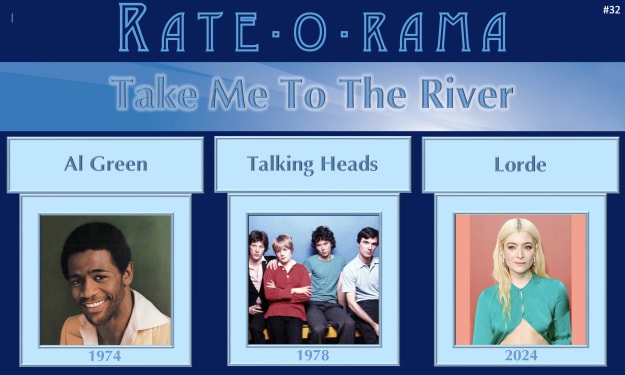Rhetorical Analysis Of Hip-hop
Return to Art: The Paper

Note: I wrote this paper for my final English class at Georgia State University.
"Rhetorical Analysis"
My paper “Return To Art: The Paper” is essentially a scholastic rant on why hip-hop today is in shambles. The complementing video that went along with it accentuated my argument; I wanted to show mainly that it’s not what music is, as much as what it does. Look at the chain Gucci Mane is wearing in the video. It’s a Bart Simpson chain. He’s got a hundreds of thousands of dollars to spend, yet he chooses to have that chain custom made. In the paper, I talk about how hip-hop has basically sold out–and Gucci wearing that chain exemplifies why. The need for high social status has driven people mad. Even to the point of doing harmful, life- threatening things. All for one reason–he’s probably trying to impress someone. The way that Melle Mel dressed in the beginning of the video was of his time, but even now we look at it with a sense of understanding, even if to us it looks silly. We would say things like “retro” and “hip” describing how he looked then, but it’s all the same thing. From Melle Mel’s tight pants to Gucci Mane’s Bart Simpson chain, we have to realize that in the end, its what we see that matters. Why was it cool for men to wear tight pants back then? And it was okay! But did Melle Mel “sell- out”? Nope! Why? Because back then, hip-hop was still in its infancy, and big companies all over the world were pretty much letting hip-hop run its course; they didn’t think it would last five years. But the presence that these guys had with the confidence to speak what was on everyone’s mind was so strong, that they probably weren’t even as worried about their looks as all MC’s worry about them today. Image is such a big thing. How you wear your shoes, your hats, even the way one wears watches reflect some sort of response from particular audiences.
Back in the late 70’s disco was still "in", but the sun was setting on it. Rappers like Melle Mel, in my opinion, just copied the styles of their disco-dancing counterparts over smooth new rap beats. I’m not saying image wasn’t important then, I’m just saying that back then, rappers hadn’t yet come into their own identity as far as how they themselves looked. But what would be the criteria used to to determine what that style would look like? Unfortunately, this criteria is more money and more fame. To put it shortly, whatever the masses want. However the masses want them to look, that’s what they will look like. Except back in the day, where Melle Mel and others would create their own costumes (future MC’s did it too—just very few of them–OutKast comes to mind, Missy Elliot, Busta Rhymes, ect) and personas and give that life. Also, back in the day, they used to concentrate more on the imagery of truth, than that of fiction. In the video “The Message”, we see how it really was on the tough streets of New York. Public trains dashing by overhead, graffiti on the walls; This defined hip-hop culture. This was visual realism. On the other hand, in the rap world of today, you see Gucci Mane with this bling on, his drug-inspired lyrics, and blatant disrespect of women and you go, “Well, this is hip-hop now-a-days.” Is it though? I believe it will only get worse...
Hip-hop is indeed at its core an image, but what that image looks like greatly depends on how people view themselves. How people view themselves greatly depends on how others view them. It’s a cycle, and it cannot be broken, unless there is a return to humility and understanding. There needs to be a willingness to teach with intent to strengthen the mental capacity of the listener. In other words, what hip-hop artists should do is show what they are, as well as talk about it. And “what they are” needs to be genuine, self-respecting as well as other-respecting, introspective, humble and understanding people. Until then, we will keep getting a mirror of our despondent, reckless, unproductive and self-conscious selves, which in turn spits out as a response, the popular music in the rap industry today.
About the Creator
Jonathan Mosby
Born and raised in Atlanta Ga, Flow brings an introspective flavor to hip-hop. Beginning in 2003 with beat making, and 2005 with protools, there has been an exponential growth in both productivity and creativity. Won't let me say more smh
Reader insights
Nice work
Very well written. Keep up the good work!
Top insight
Heartfelt and relatable
The story invoked strong personal emotions






Comments
There are no comments for this story
Be the first to respond and start the conversation.